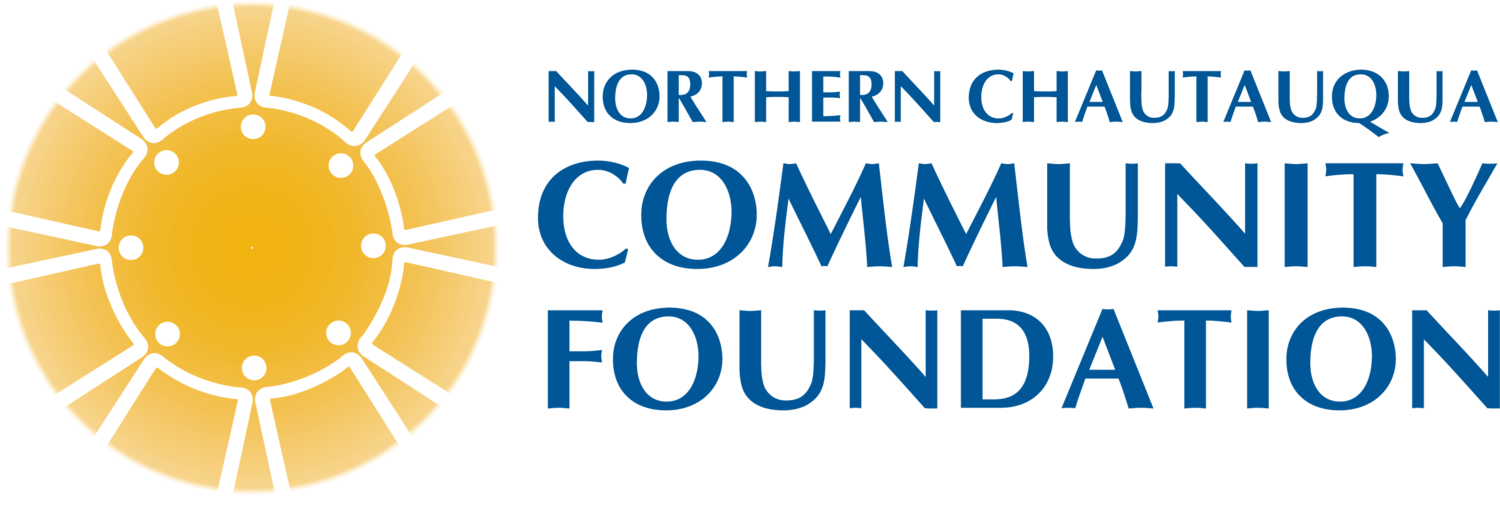Everyone is reeling from inflation. When COVID-19 struck, many hunkered down at home and cut back on spending. Consequently, many businesses cut back on production, and more than a few shut down completely. As people began emerging from the pandemic, they also bought and drove more. However, because so many businesses cut back or closed worldwide, there isn’t as much available to purchase these days.
This and many other issues are causing inflation. For example, when manufacturers have a hard time getting the supplies they need to produce products, and their supplies cost more, they must raise prices on what they make to stay open. Many companies are also having a hard time finding and retaining employees, which has led to higher wages, and fuel prices continue to increase.
As anyone who understands the laws of supply and demand knows, the price of goods and services tends to increase when the supply decreases or when the demand for those things increase. That’s where we are today.
Most nonprofit businesses, places like YWCAs, Meals on Wheels, youth programs, humane and historical societies usually don’t have the option of raising prices to offset their rising costs. Most nonprofits operate on funds raised through donations and grants. They have never been in the business of generating profits, hence the label nonprofit. This is especially true of small to mid-size nonprofits in rural counties like Chautauqua, where there aren’t a lot of resources, but there is a lot of competition for the same people to donate.
When the general public cuts back their budgets simply to afford food and gas, they are less likely to be as generous as they were when the economy was booming. That’s why even before the pandemic struck, the Northern Chautauqua Community Foundation (NCCF), Chautauqua Region Community Foundation, United Ways of Northern and Southern Chautauqua County, The Ralph C. Sheldon Foundation, and Winifred Crawford Dibert Foundation came together to address nonprofit capacity building in Chautauqua County. They understood the need to connect to be more efficient with their limited funds.
Consequently, they reached out for support to the Gebbie Foundation, Lenna Foundation and successfully secured a significant investment from the Ralph C. Wilson Jr. Foundation to launch the Chautauqua Nonprofit Capacity Partnership.
One of the first things the partnership did was study local nonprofits to assess their needs. They learned much about what moves collective work forward and what stands in the way of achieving actionable goals. Four hundred twenty respondents from 36 local nonprofits contributed feedback through the Capacity Indicator Organizational Assessment across seven areas. In return, they each received an individualized report to use as a roadmap for their board and staff leaders, helping them figure out how to strengthen their nonprofit.
The partnership also used the report to prioritize where to focus time and resources for the greatest impact, identifying nonprofit capacity-building needs and possible solutions. They decided to focus first on providing resources and training: organizational and executive coaching; and developing a talent pipeline. They also created a resource and training directory on the Chautauqua Grants website, a shared grant portal for area nonprofits.
The portal was also used to share COVID-19 resources through the Chautauqua County Crisis Response Fund: COVID-19. Through shared decision-making, multiple funders and stakeholders pooled resources and distributed one million dollars across the county in only six months. This effort strengthened their relationships leading to the development of a vision statement and a formal Memorandum of Understanding for the CNCP signed by the funders choosing to participate.
In 2021, the partnership formally renamed its group The Capacity Lab, and the Ralph C. Wilson Jr. Foundation granted funds for its facilitation leading to the hiring of Noah Goodling to manage the project full-time in December. Noah continuously assesses nonprofit needs, identifies emerging opportunities, and provides connections to other local, regional, and statewide resources. One of his goals is to develop and deliver professional development and programming activities to help nonprofit leaders and boards become more confident and prepared. He also encourages and supports shared services and resources across Chautauqua County nonprofits to promote collaboration and sustainability. He hosts regular meetings so nonprofits can share knowledge and connect with local, state-level, and national funders. He helps them identify and better understand underserved populations in the county and build nonprofits’ capacity to reach them. Anyone interested in contributing an idea or getting involved can contact Noah at ngoodling@thecapacitylab.org.
We often don’t realize how much we rely on what the nonprofit sector provides. The NCCF LED strongly supports the work of The Capacity Lab as it aligns resources and develops collaborative strategies to strengthen the Chautauqua County nonprofit sector so nonprofits can continue to provide for all of us.
Patty Hammond is Economic Development Coordinator at the Northern Chautauqua Community Foundation. The Local Economic Development (LED) Initiative is a standing committee of the Northern Chautauqua Community Foundation. Send comments or suggestions to Patty Hammond at phammond@nccfoundation.org
